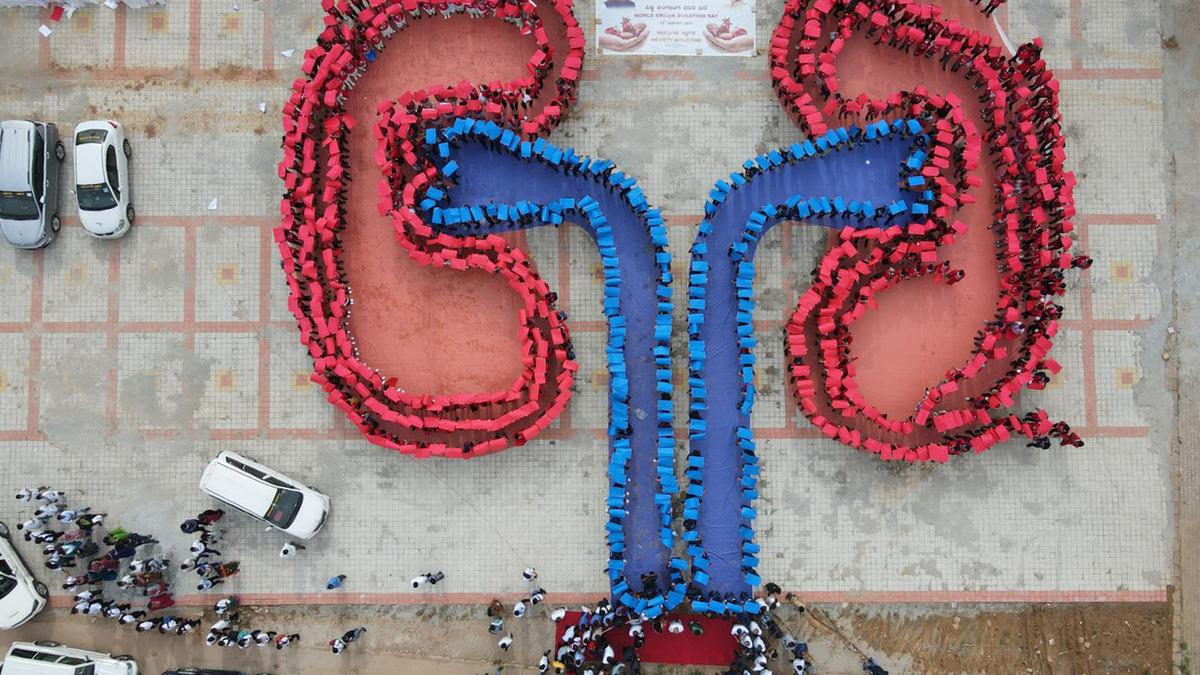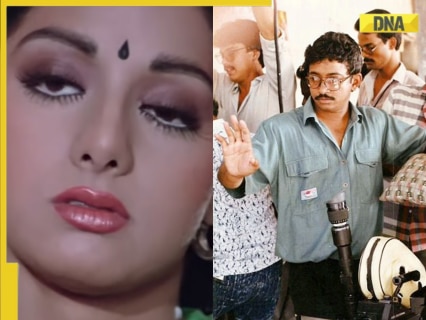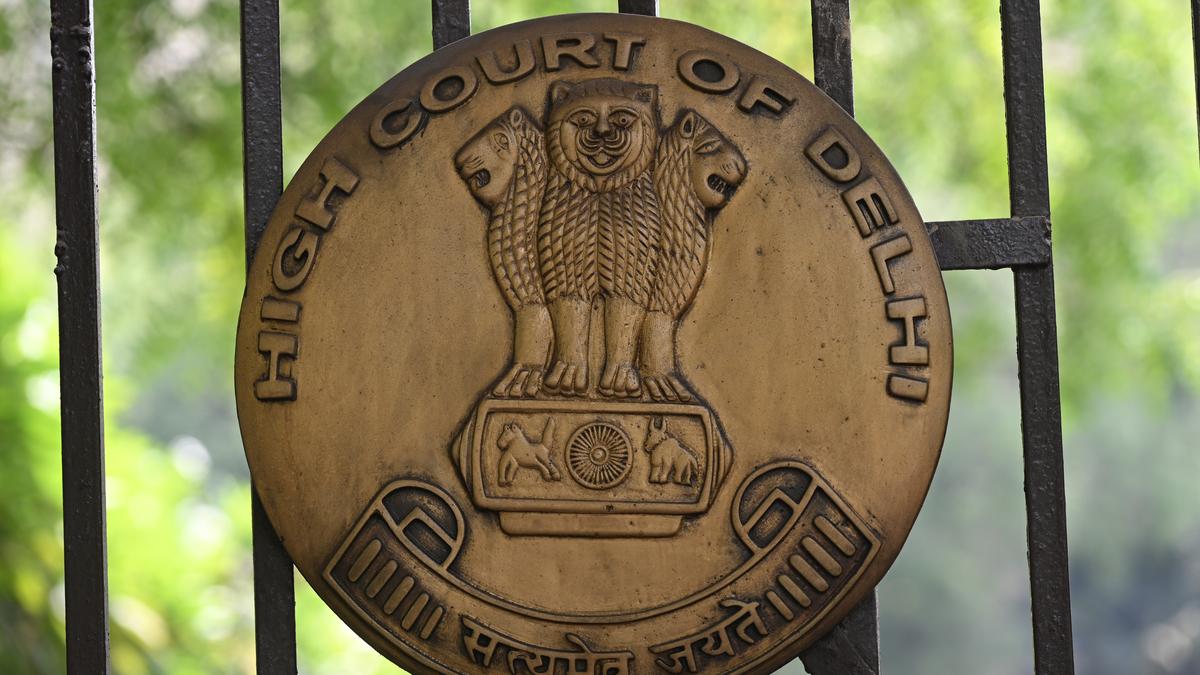Now Reading: Kidney Sale Sparks Ethical Concerns
1
-
01
Kidney Sale Sparks Ethical Concerns
Kidney Sale Sparks Ethical Concerns

Speedy Summary
- L. Manikandan, a construction worker from Namakkal district, Tamil Nadu, sold a kidney to repay debts totaling ₹8 lakh. He received ₹4.50 lakh out of the promised ₹5 lakh but faces lingering health issues post-surgery.
- Brokers connected him to private hospitals across multiple districts for medical tests and facilitated the illegal trade using fake documents. The operation bypassed legal checks by exploiting loopholes in donor approval processes under Tamil Nadu’s organ transplant laws.
- Namakkal has long been associated with organised kidney trade targeting economically vulnerable populations, especially powerloom workers and single mothers under financial stress caused by high-interest loans from microfinance companies.
- Investigations led to license suspensions for two private hospitals linked to these unethical practices – Dhanalakshmi Srinivasan Medical College & Hospital (Perambalur) and Cethar Hospital (tiruchi).
- Despite stringent guidelines in organ transplantation laws,experts flagged widespread misuse of “special reasons” clauses allowing non-relative donations based on affection or attachment-resulting in exploitation of destitute individuals as donors.
- Calls have been made for stricter regulations and enforcement mechanisms aimed at clarity in living donor transplants alongside routine inspections by government authorities.
Indian Opinion analysis
The persistent prevalence of illegal kidney trade underscores severe socio-economic hardships faced by marginalised groups like powerloom workers in Tamil Nadu. To address this deeply entrenched issue, systemic reforms are needed within India’s healthcare and Aadhar-linked financial systems such as microfinancing protections against fraudulent credit mishandling.patient-centered
Stay Informed With the Latest & Most Important News
Previous Post
Next Post
Loading Next Post...


























